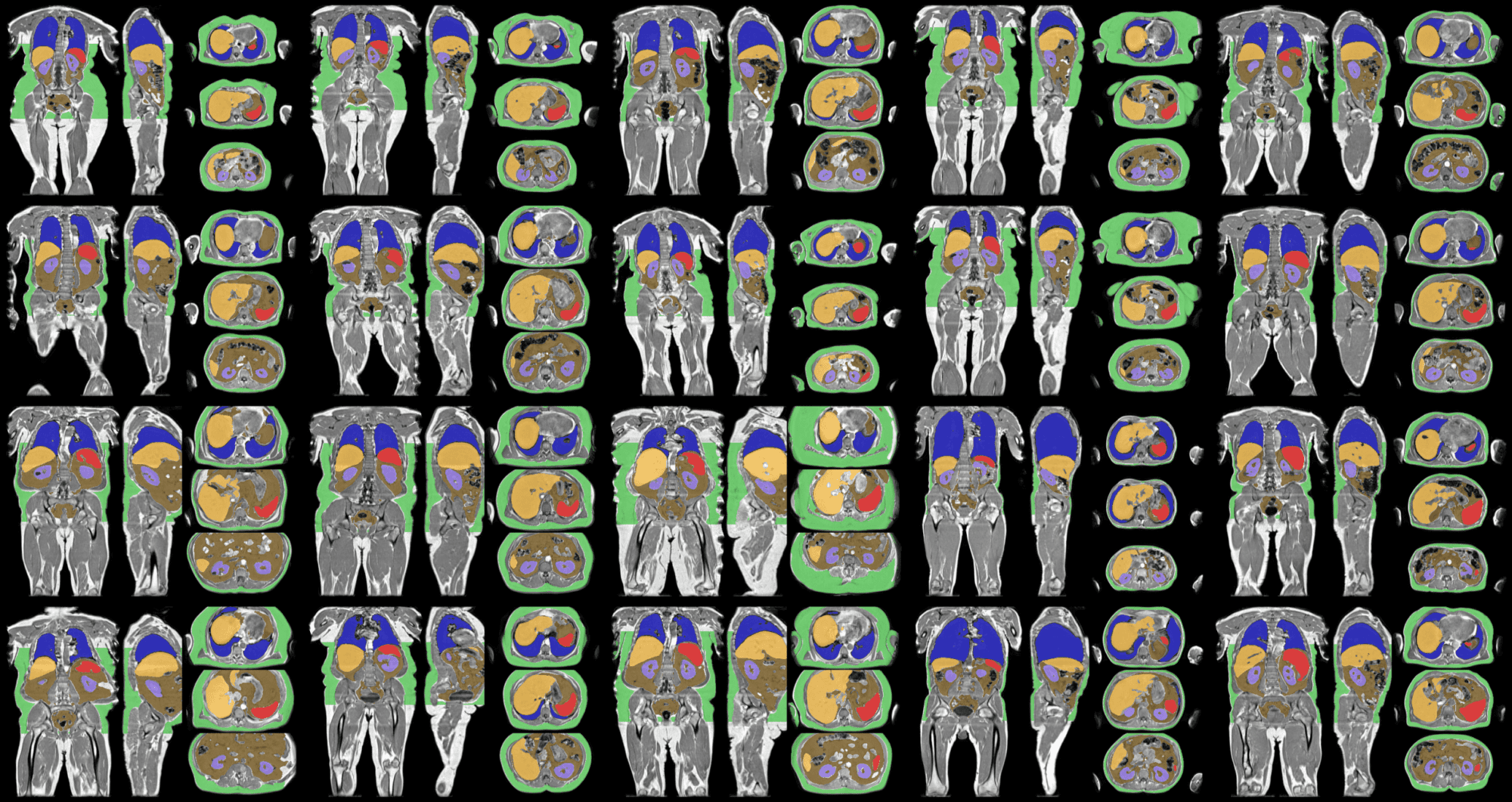Cardiometabolic diseases are an increasing global health burden. And Calico scientists, led by Madeleine Cule, are working with the University of Westminster and the UK Biobank to better understand underlying mechanisms so the scientific community can develop more effective interventions.
The team took aim at solving a riddle that has perplexed scientists for generations: Why, as we get older, do we become increasingly susceptible to disease? It’s a problem that has become even more relevant today, with more and more people suffering from heart disease, liver disease, and diabetes — all at later stages in life.
Together, the team analyzed data on over 40,000 participants in the UK Biobank, a cross-sectional study of people living in the UK in middle and later life. The study has already set the record for the largest-ever collection of abdominal MRI scans, and it’s paving the way for more advances in the study of aging-related disease in the near future. The team used deep learning, a form of artificial intelligence, to automatically extract features from the images such as the size, fat content, and iron content of organs like the liver, pancreas, and kidneys, and identified genetic factors affecting these traits.
Until recently, our ability to study age-related physiological changes was limited by both the size of studies, and the difficulty parsing through large amounts of imaging data to produce useable results. But with MRI technology getting better every day, combined with recent progress in artificial intelligence, we suddenly can see things no one has been able to see, and we’re able to analyze data at speeds (and sizes) previously unthinkable.
“This work has the potential to make a big impact on the field for years to come, and lead to follow-on studies, both within Calico and in the broader research community,” says Madeleine. “We will be returning all of the data we have generated in this study to the UK Biobank, where it will be available as a global resource for scientists everywhere.”
